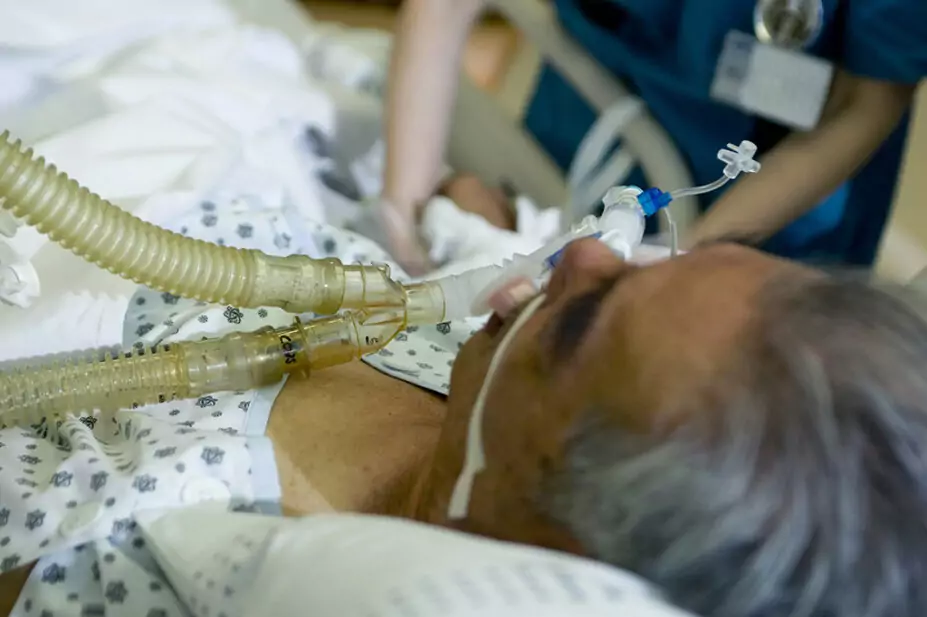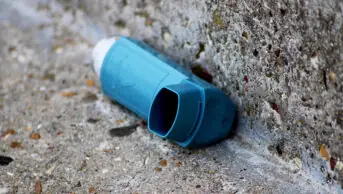
MEDICIMAGE / SCIENCE PHOTO LIBRARY
NHS Scotland is the first health service in the world to stop purchasing desflurane, a high-carbon- footprint anaesthetic gas, for use in hospital theatres.
According to a statement published by NHS Scotland on 3 March 2023, the gas, which is used for general anaesthesia, has a global warming potential that is “2,500 times greater than carbon dioxide”.
As a result, clinicians across NHS Scotland have begun moving away from using desflurane to clinically appropriate alternatives, which “has already reduced harmful emissions by around 6.17 kilotonnes of carbon a year — the same as powering 1,700 homes every year”, the statement says.
It adds that desflurane will be “removed from the NHS Scotland supply chain” in March 2023 and will be used “only in exceptional clinical circumstances”.
Stopping the purchase and use of desflurane is the first action of NHS Scotland’s National Green Theatres Programme, which aims to reduce the carbon footprint of hospital theatres across the country, and forms part of the wider ‘NHS Scotland climate emergency and sustainability strategy‘.
The strategy, published in August 2022, also includes plans to cut emissions from medical inhaler propellants by 70% in the next six years by reducing the use of metered-dose inhalers.
Roddy Chapman, consultant anaesthetist and deputy clinical director for anaesthetics at the Golden Jubilee University National Hospital in Clydebank, Glasgow, said desflurane was traditionally used because “it has a rapid recovery, meaning patients would ‘wake up’ faster at the end of the operation, compared to previous inhaled agents like isoflurane”.
He added that, since stopping the use of desflurane, “most general anaesthesia at the Golden Jubilee University National Hospital is done exclusively with intravenous drugs, with low fresh gas flow used to minimise the amount of anaesthetic gases used”.
Laura Wilson, director for Scotland at the Royal Pharmaceutical Society, said she was “delighted” to see desflurane banned in Scotland.
“This was an area of focus in our sustainability policies, which we published in 2022,” she added.
“We specifically highlighted desflurane as the most damaging inhalation agent and are pleased that a ban on this gas will encourage the use of more sustainable anaesthesia.”
In January 2023, NHS England announced that desflurane would be decommissioned for use in NHS trusts by early 2024.
NHS England said at the time that more than 40 trusts in England had stopped using desflurane, and that it made up just 3% of anaesthetic gas use across the NHS.
Helgi Johannsson, vice president and sustainability lead at the Royal College of Anaesthetists, said anaesthetists “have already reduced the use of desflurane enormously, with many hospitals now not using it at all”.
“This is a significant step in the right direction, but there is a lot more to do, and we are determined to do what we can to reach net zero and reduce the potentially catastrophic impact of climate change.”
Humza Yousaf, Scottish cabinet secretary for health and social care, said: “Programmes like this are key to our transition to become a net-zero health service, whilst ensuring patient safety remains at the heart of every clinical decision.”


